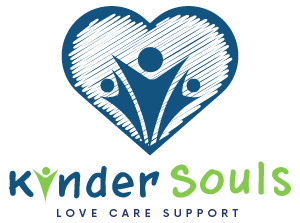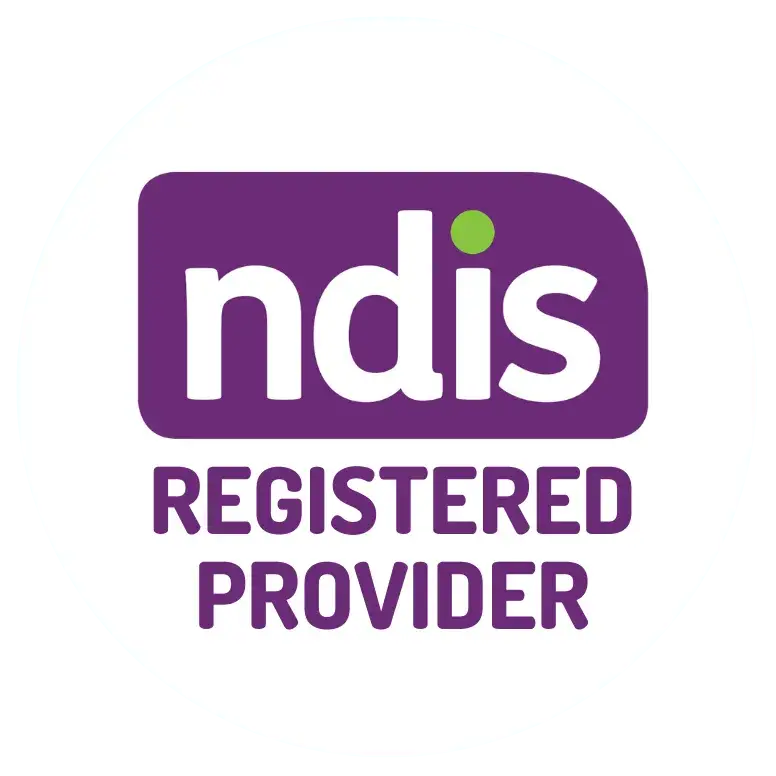Alzheimer’s disease is a progressive neurological disorder that affects millions of people worldwide. Early detection is crucial in managing the disease and improving the quality of life for those affected. Recognizing the early signs of Alzheimer’s can be challenging, as they often resemble normal age-related changes. However, understanding these symptoms can make a significant difference in how quickly and effectively one can respond. In this post, we’ll explore the key early signs of Alzheimer’s and offer guidance on what steps to take if you or a loved one may be experiencing these symptoms.
1. Memory Loss That Disrupts Daily Life
Memory loss is one of the most common early signs of Alzheimer’s, particularly the type that interferes with daily activities. This isn’t just occasional forgetfulness, such as misplacing keys or forgetting an appointment. Instead, it involves frequently forgetting recently learned information, important dates, or asking the same questions repeatedly. If you notice this pattern, it may be time to consult a healthcare professional.
2. Difficulty Planning or Solving Problems
People with early Alzheimer’s may find it challenging to develop and follow plans, especially those involving numbers or sequences. Tasks that once seemed simple, like following a familiar recipe or managing a budget, become more difficult. This can also manifest in trouble concentrating and taking longer to complete tasks than before.
3. Confusion with Time or Place
Losing track of dates, seasons, and the passage of time can be another early sign of Alzheimer’s. Someone with the disease may forget where they are or how they got there, or they might struggle to understand something if it isn’t happening immediately. They may also have trouble understanding events that are not in the present moment.
4. Challenges in Understanding Visual Images and Spatial Relationships
For some people, having vision problems is a sign of Alzheimer’s. This might include difficulty reading, judging distance, and determining color or contrast. Problems with vision can also lead to issues with driving, such as misjudging distances or navigating turns.
5. New Problems with Words in Speaking or Writing
Those in the early stages of Alzheimer’s might find it hard to follow or join conversations. They may stop in the middle of a conversation and have no idea how to continue or may repeat themselves. They might struggle with vocabulary, have trouble naming familiar objects, or use the wrong words (e.g., calling a “watch” a “hand clock”).
6. Misplacing Things and Losing the Ability to Retrace Steps
A common early sign of Alzheimer’s is placing items in unusual places and being unable to retrace steps to find them again. Sometimes, people with Alzheimer’s may accuse others of stealing when they can’t find something. This behavior may become more frequent over time.
7. Decreased or Poor Judgment
Changes in decision-making or judgment are also early signs. This could involve making poor financial decisions, such as giving large amounts of money to telemarketers, or paying less attention to grooming and cleanliness.
8. Withdrawal from Work or Social Activities
A person with early Alzheimer’s may begin to remove themselves from hobbies, social activities, work projects, or sports. They may have trouble keeping up with a favorite sports team or remembering how to complete a hobby. They may also avoid social interaction because of the changes they are experiencing.
9. Changes in Mood and Personality
The mood and personality of someone with Alzheimer’s can change. They may become confused, suspicious, depressed, fearful, or anxious. They may be easily upset at home, at work, with friends, or in places where they are out of their comfort zone.
What to Do If You Notice These Signs
If you or a loved one are experiencing one or more of these signs, it’s essential to consult a healthcare professional for a thorough evaluation. Early diagnosis can help manage symptoms more effectively and provide access to treatments and resources that can improve the quality of life.
Steps to Take:
Document the Symptoms: Keep a record of the symptoms you notice, including when they started and how they are progressing. This information will be helpful during a medical evaluation.
Consult a Doctor: Schedule an appointment with a healthcare provider who can conduct cognitive tests and possibly refer you to a neurologist for further evaluation.
Seek Support: If diagnosed with Alzheimer’s, reach out to support groups and resources that can offer guidance, emotional support, and practical advice.
Plan Ahead: Early diagnosis allows for planning. Discuss future care options, legal matters, and financial planning with family members and professionals.
Recognizing the early signs of Alzheimer’s can be the first step toward managing the disease effectively. By staying informed and proactive, you can ensure that you or your loved one receives the care and support needed to navigate this challenging journey.




